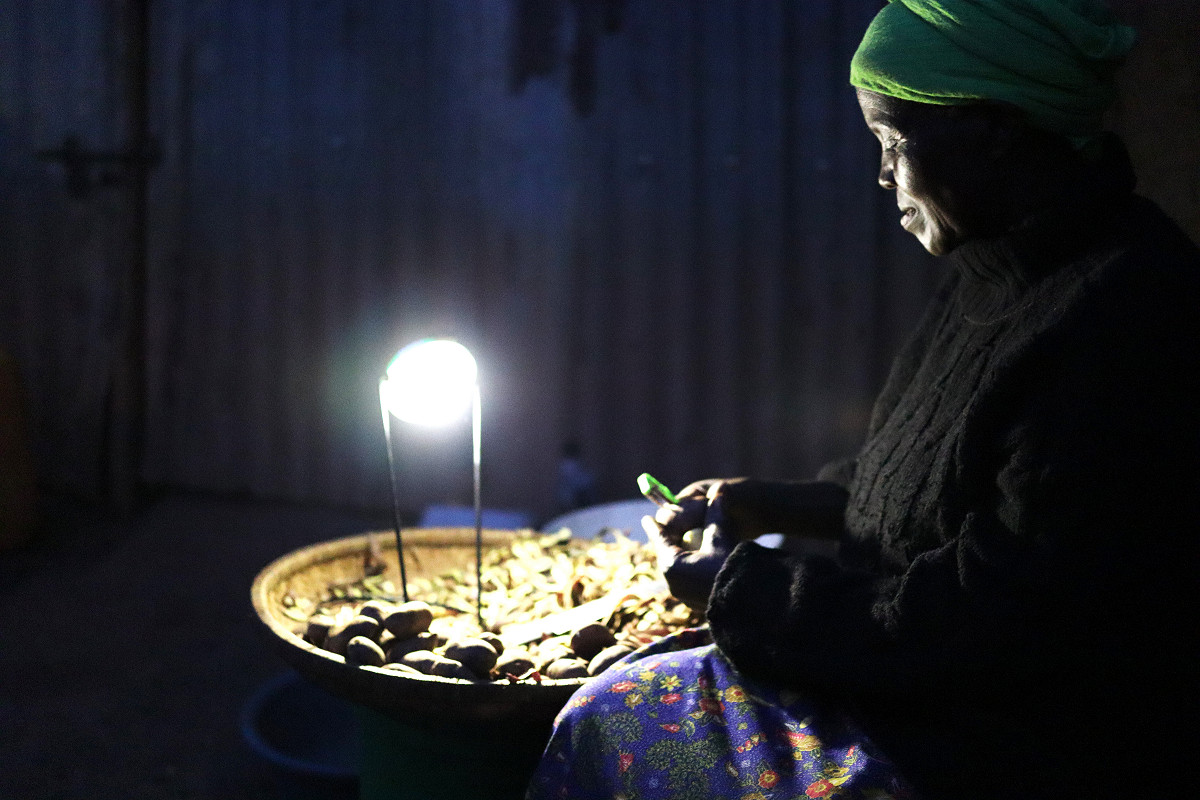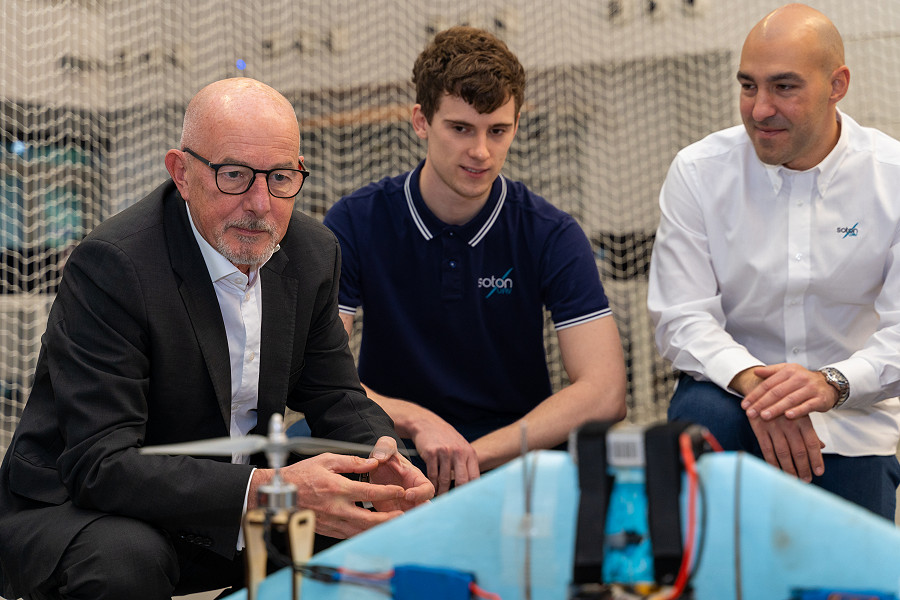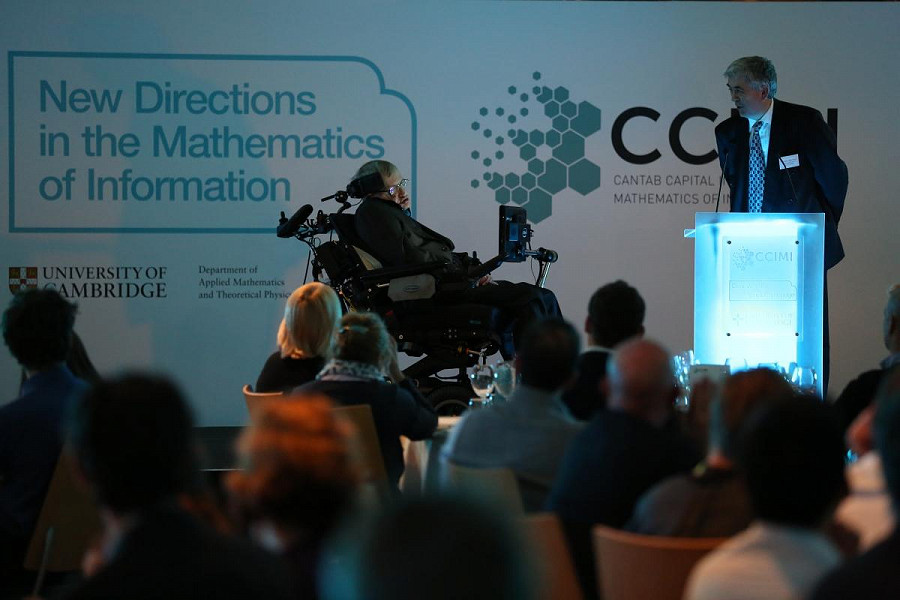Science, Technology, Engineering & Mathematics
Leveraging STEM research to solve intractable global problems

Too often progress is held back by poor technology, lack of scientific innovation, and insufficient access to information – whether that be on how we tackle energy poverty in Africa or how we leverage big data. Investing in STEM research can have a transformative and tangible impact on our lives, not just at home – but in the developing world as well. It is only through real-world applications of STEM research that we can find solutions to some of the biggest challenges to have a tangible, positive impact on the lives of millions.
Throughout history, technological innovation and scientific discovery have brought about huge leaps in living standards, life expectancy and productivity. But far from being a thing of the past, new discoveries and scientific exploration are vital for continued progress.
Advancements in STEM have far-reaching, real-world consequences for all of us. In the developing world, this could mean new infrastructure, access to better healthcare, and the alleviation of poverty.
Many governments and institutions recognise the impact STEM has on the world, but there are still many fields of research that are underrepresented and underfunded, particularly fundamental mathematics research.

“Advancements in STEM truly have the power to transform our lives, yet it’s one of the most underfunded causes in philanthropy. The social and economic return on STEM giving can be huge.”
The Turner Kirk Trust works with leading STEM institutions, universities and charities to launch projects and fellowships that unlock new, innovative STEM research.
We support projects that combine both theoretical research and practical application with the potential to have an immediate and demonstrable impact on millions.
By working with renowned universities, The Turner Kirk Trust seeks to leverage multi-disciplinary research ecosystems and student-led innovation to solve a single specific problem – such as the reduction of plastic waste in the developing world or advancing the understanding of mathematical problems and big data.
